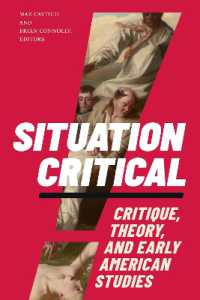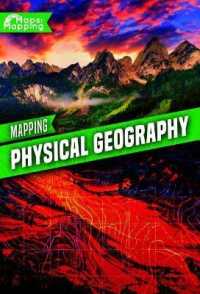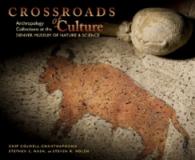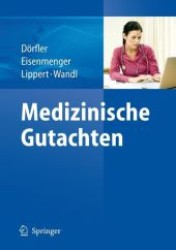- ホーム
- > 洋書
- > 英文書
- > Computer / General
基本説明
Subseries: Lecture Notes in Artificial Intelligence.
Full Description
This volume contains the proceedings of the Fourth International Conference on Mathematical Knowledge Management MKM 2005 held July 15-17, 2005 at - ternational University Bremen, Germany.








